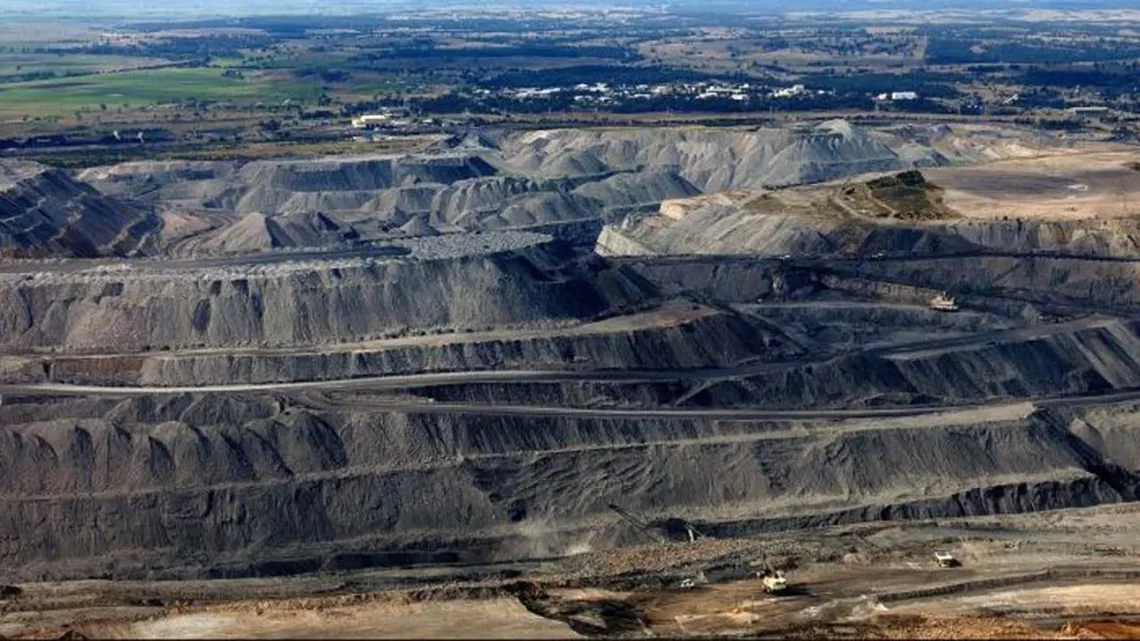
Exploitation of Natural Resources in IIOJK Sparks Outcry
January 10, 2024Srinagar-based political and legal experts have raised concerns about India’s alleged plundering of the natural resources of the Indian illegally occupied Jammu and Kashmir, asserting that it is a deliberate tactic for the systematic economic marginalization of the Kashmiri people.
According to the experts, India commenced the exploitation of Illegally Occupied Jammu and Kashmir’s natural resources immediately after its military occupation of the territory in 1947. The exploitation includes water, minerals, forests, and other resources, forming part of a broader conspiracy to render the Kashmiris dependent and subject them to collective punishment.
In the wake of the revocation of the special status of the Indian illegally occupied Jammu and Kashmir (IIOJK), the Narendra Modi-led Indian government has reportedly intensified its efforts to exploit the region’s natural resources to favor crony capitalists associated with the ruling Bharatiya Janata Party (BJP). An example cited is the leasing of electricity from the Ratle Power Project in Kishtwar to the Indian state of Rajasthan for a 40-year period. Consequently, Kashmiris are purportedly left in darkness as electricity generated from IIOJK’s waters is supplied to other Indian states.
Critics, including People Democratic Party President Mehbooba Mufti, have deplored this move, arguing that it exacerbates the ongoing power crisis and adds to the hardships faced by the people of the territory. Jammu and Kashmir National Conference Additional General Secretary Sheikh Mustafa Kamal claimed that the Modi government has put various resources of occupied Kashmir, such as water, coal mining, minerals, and lithium reserves, up for sale. This, according to Kamal, reflects a disregard for the sentiments and aspirations of the people in the occupied territory.
The experts contend that India deliberately keeps IIOJK underdeveloped despite its wealth in natural resources. They argue that capitalist exploitation and resource control serve as instrumental elements in India’s project to perpetuate its illegal occupation of Jammu and Kashmir.
In essence, the allegations of resource exploitation by India in the occupied territory have sparked a wave of criticism from various quarters, with political leaders and experts expressing concerns about the impact on the lives and well-being of the Kashmiri people.

